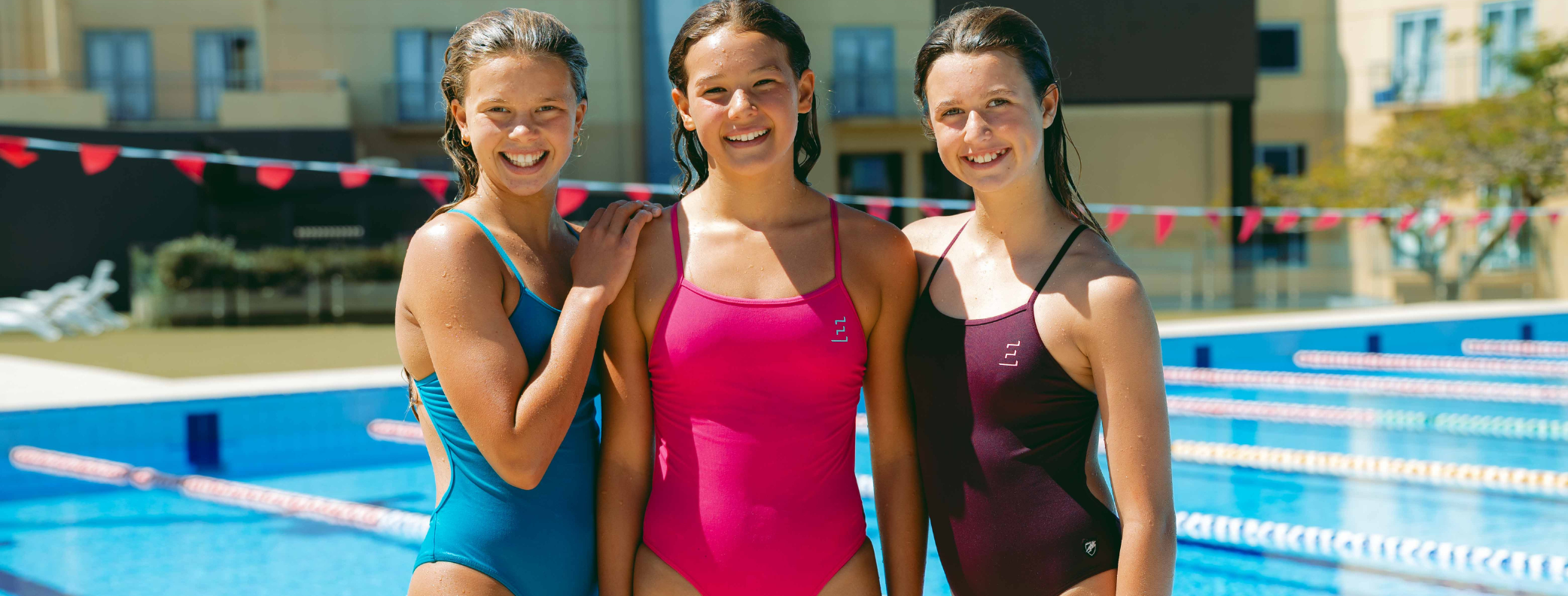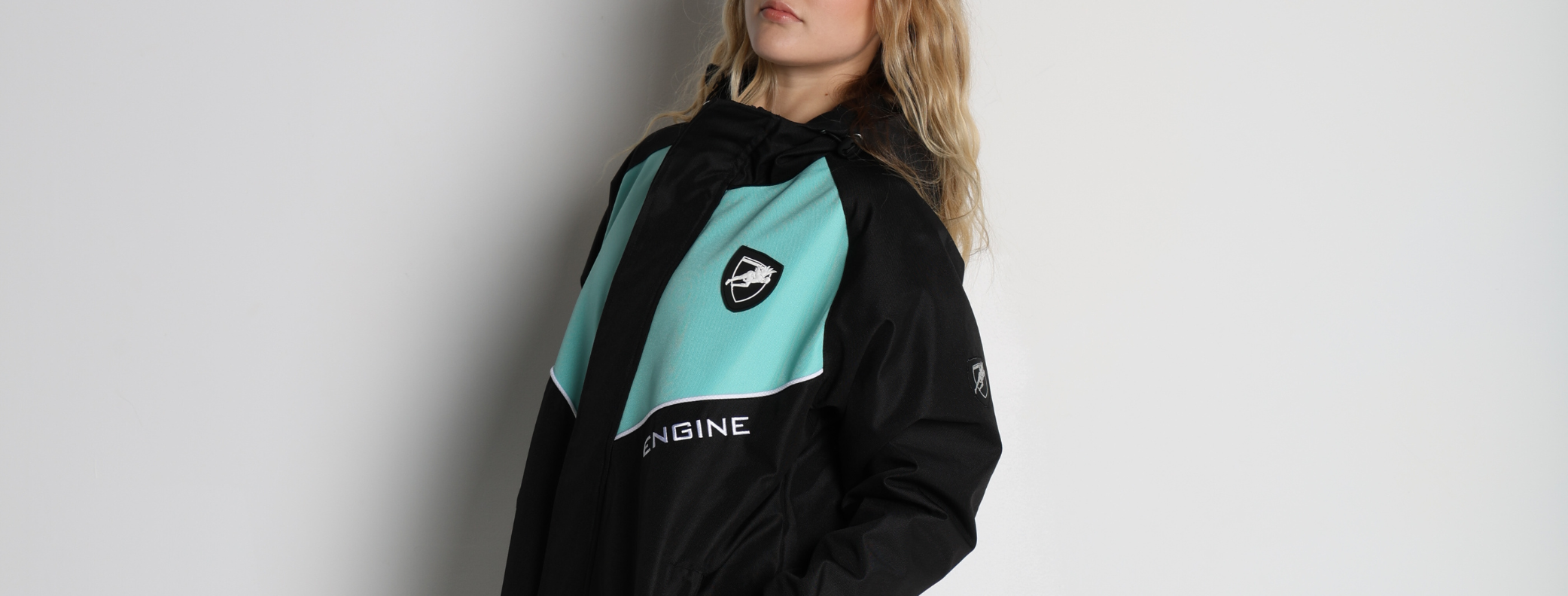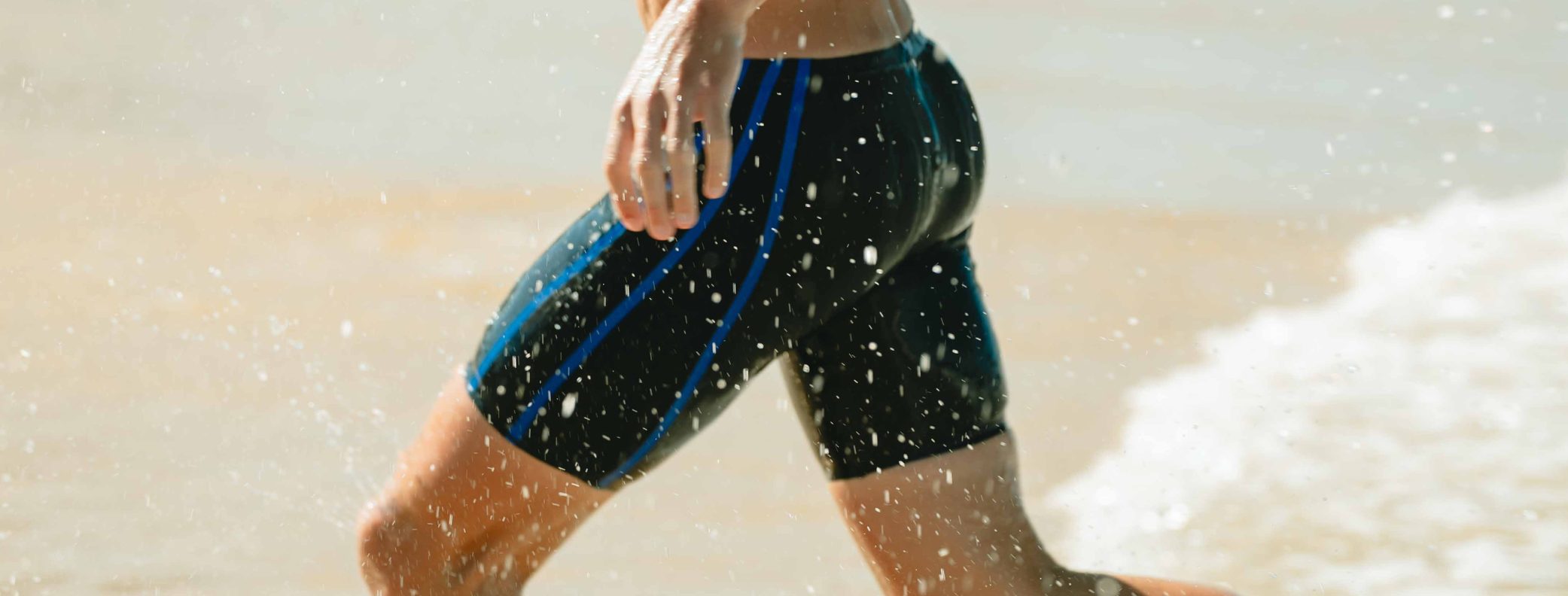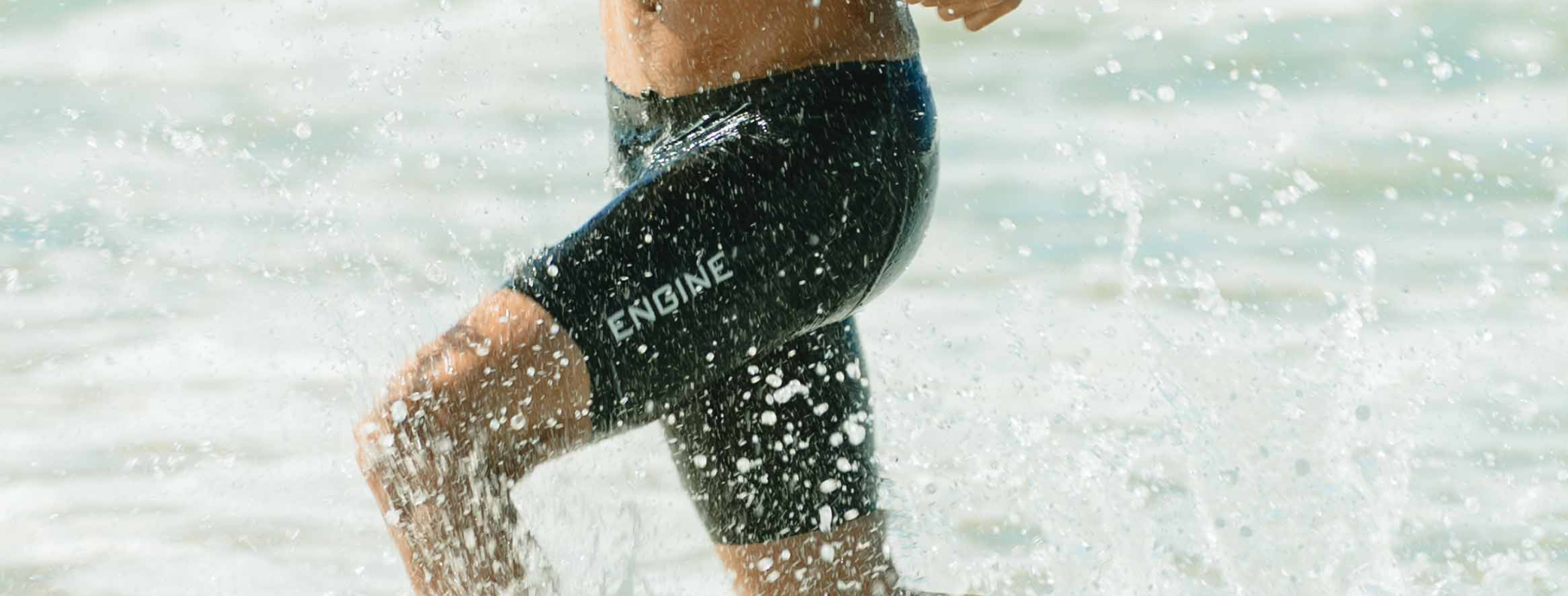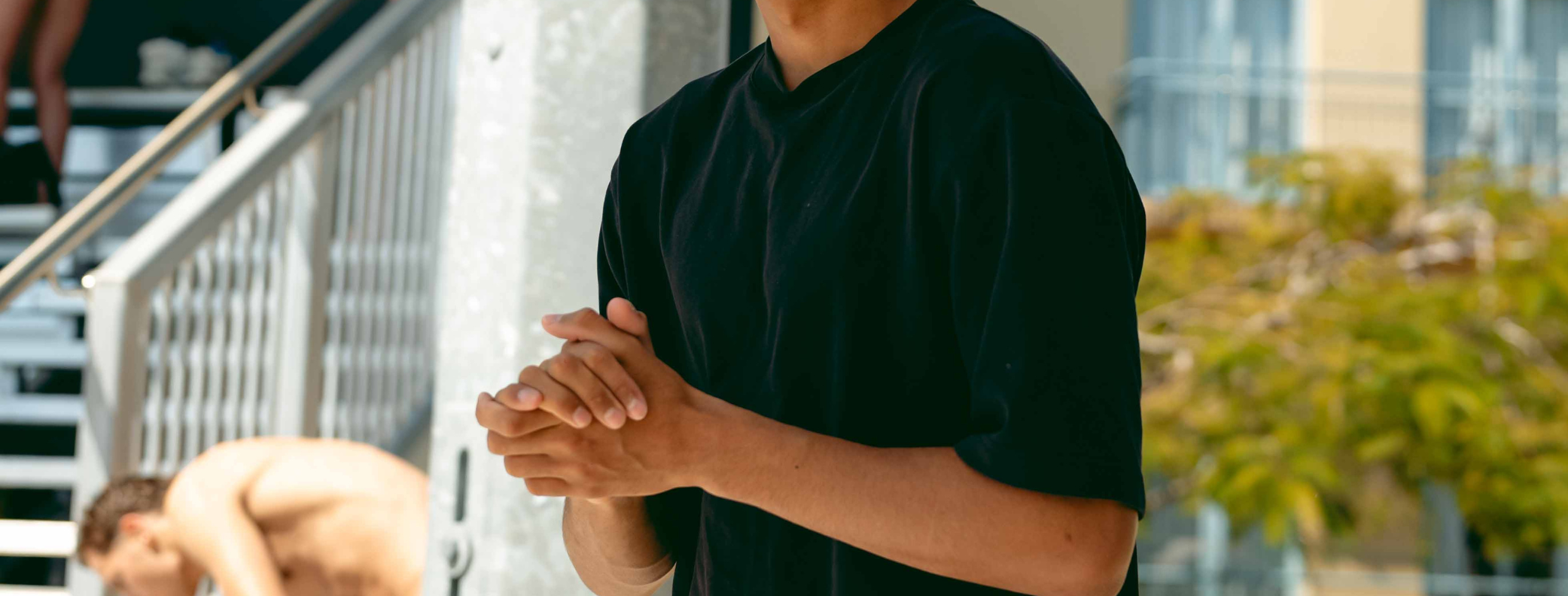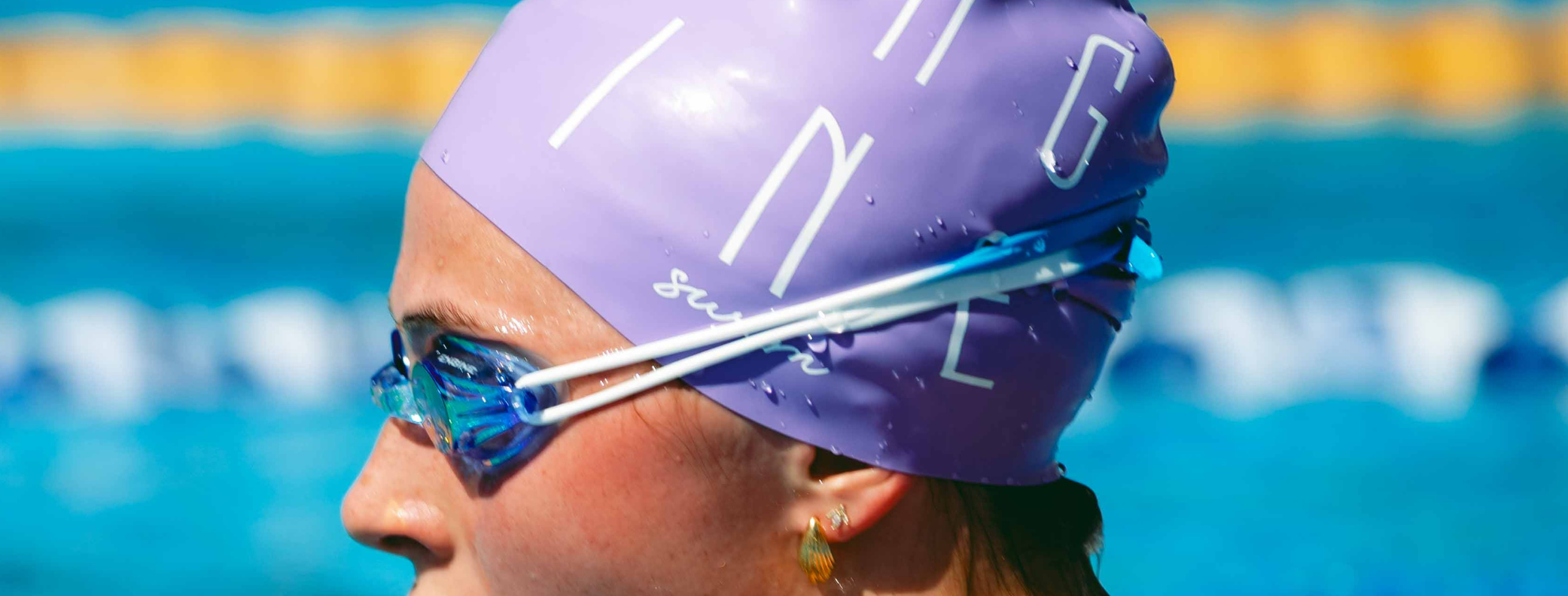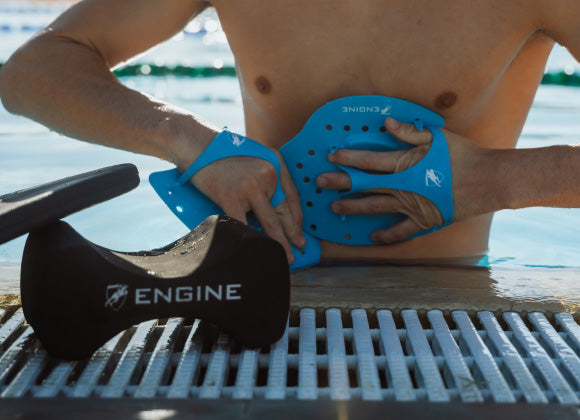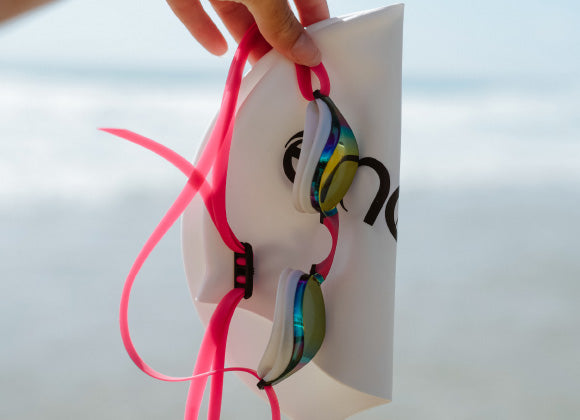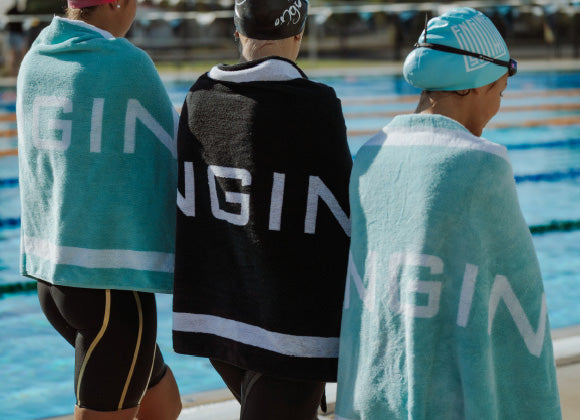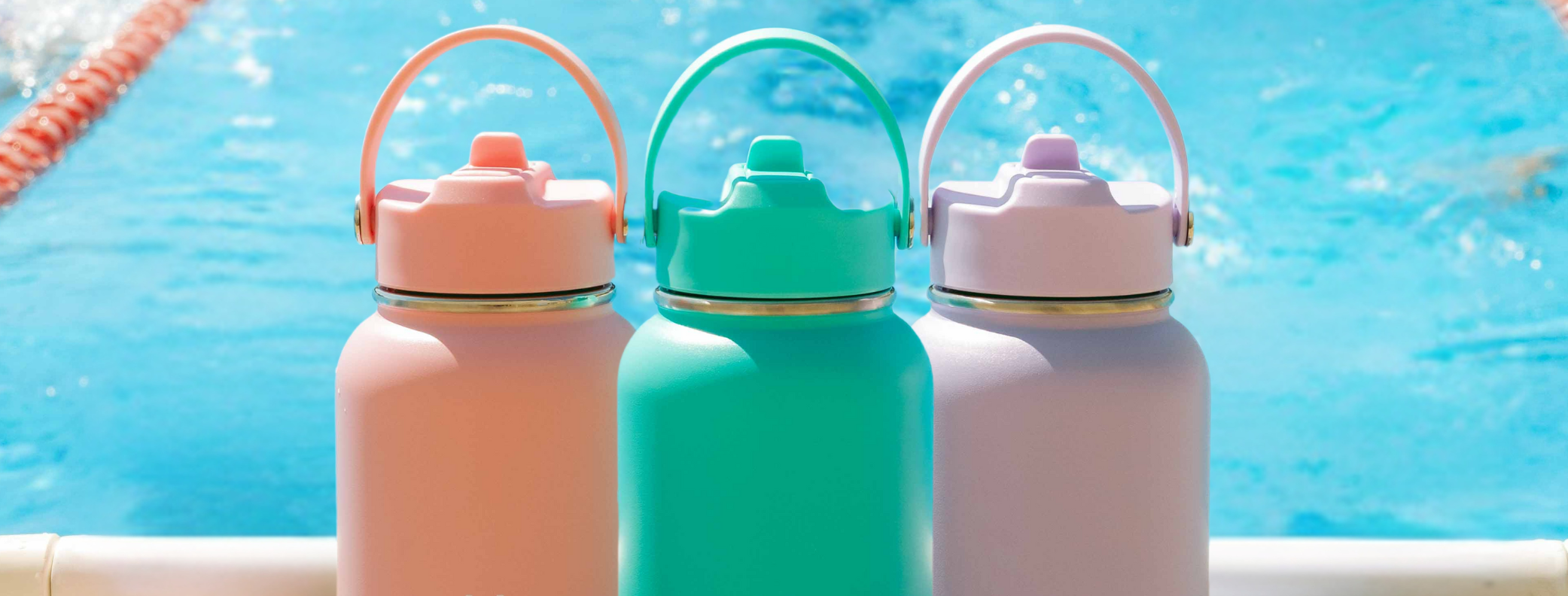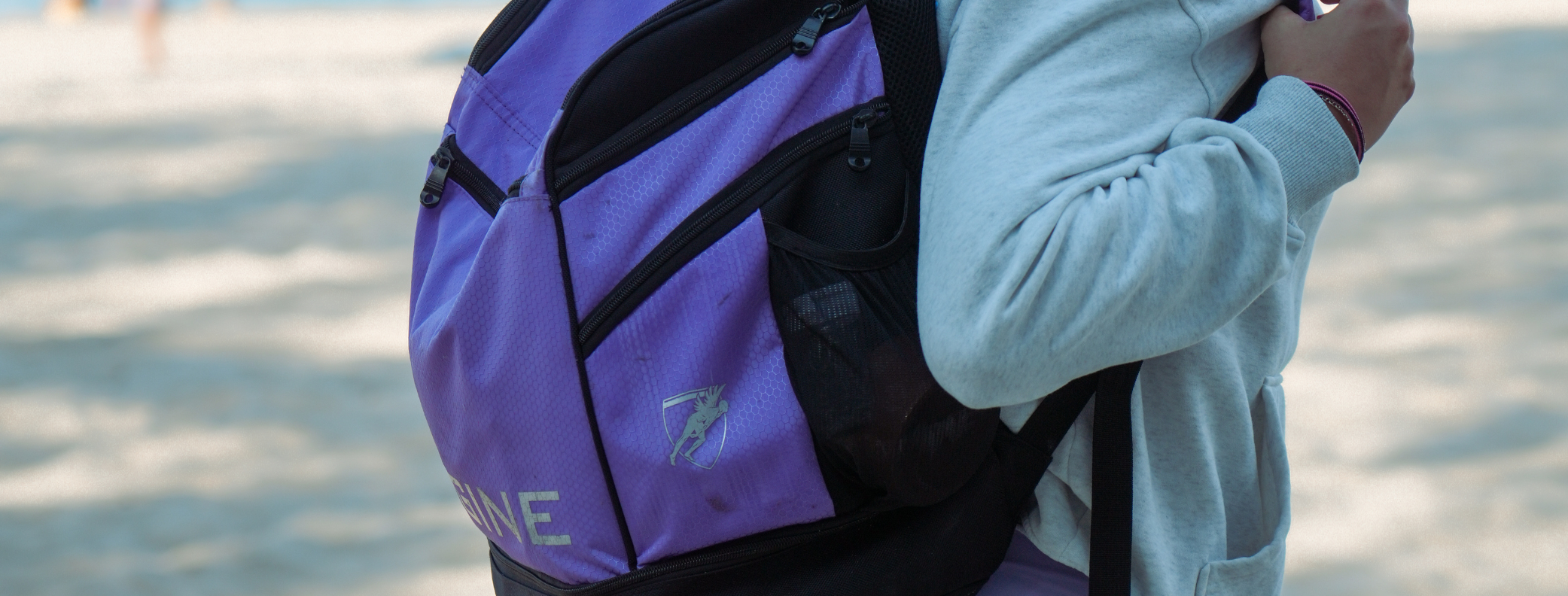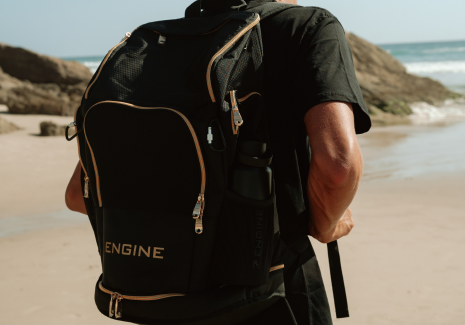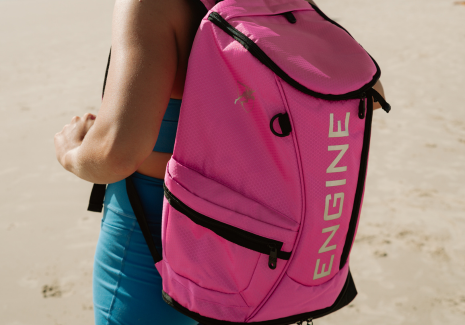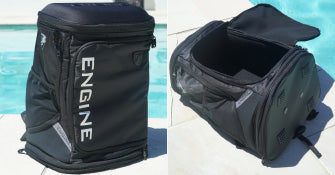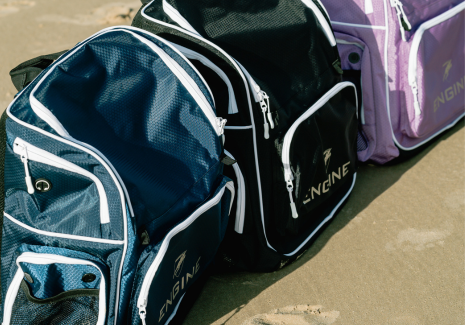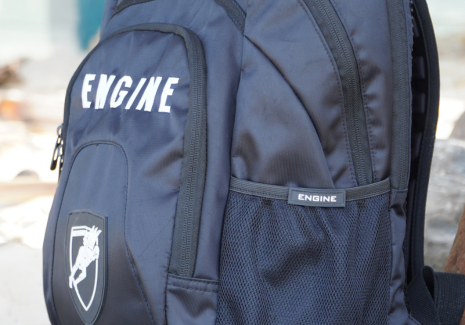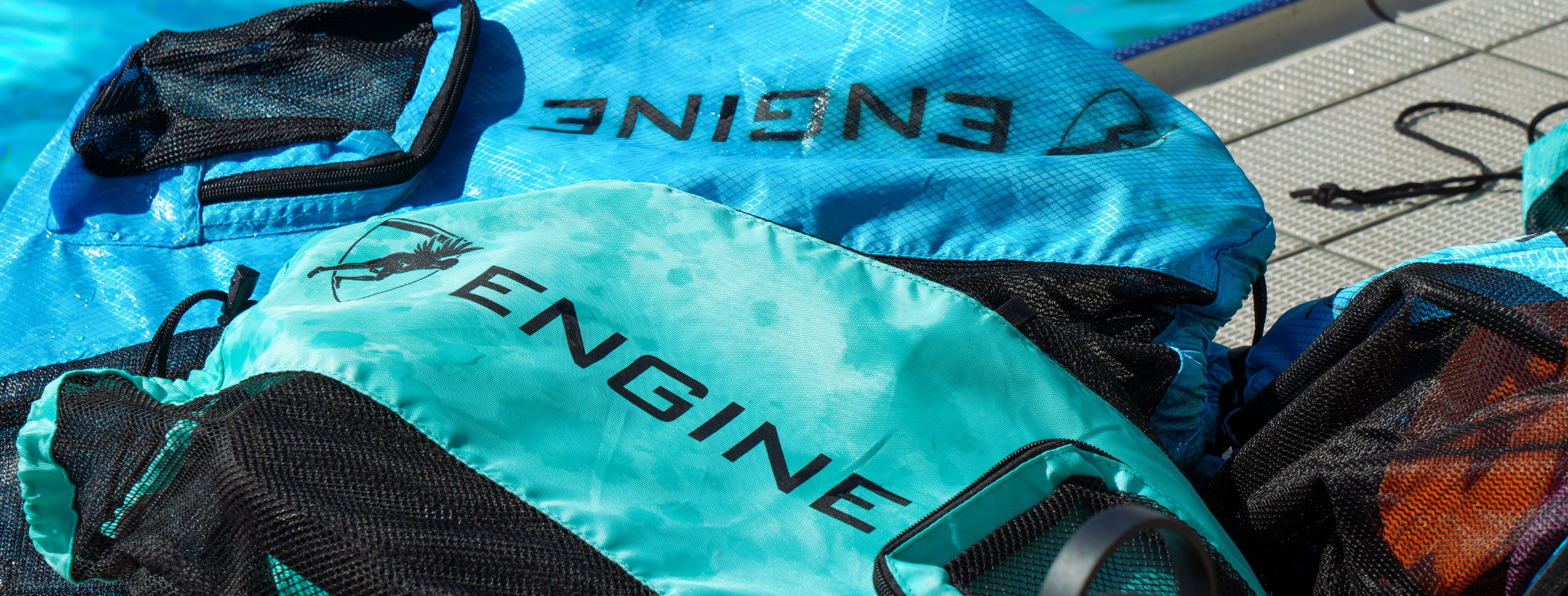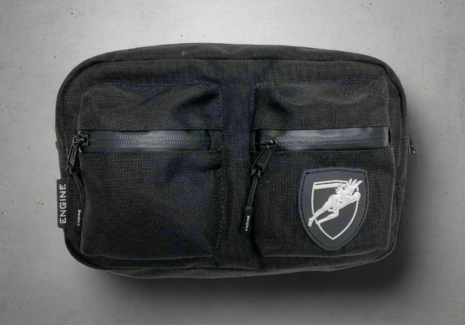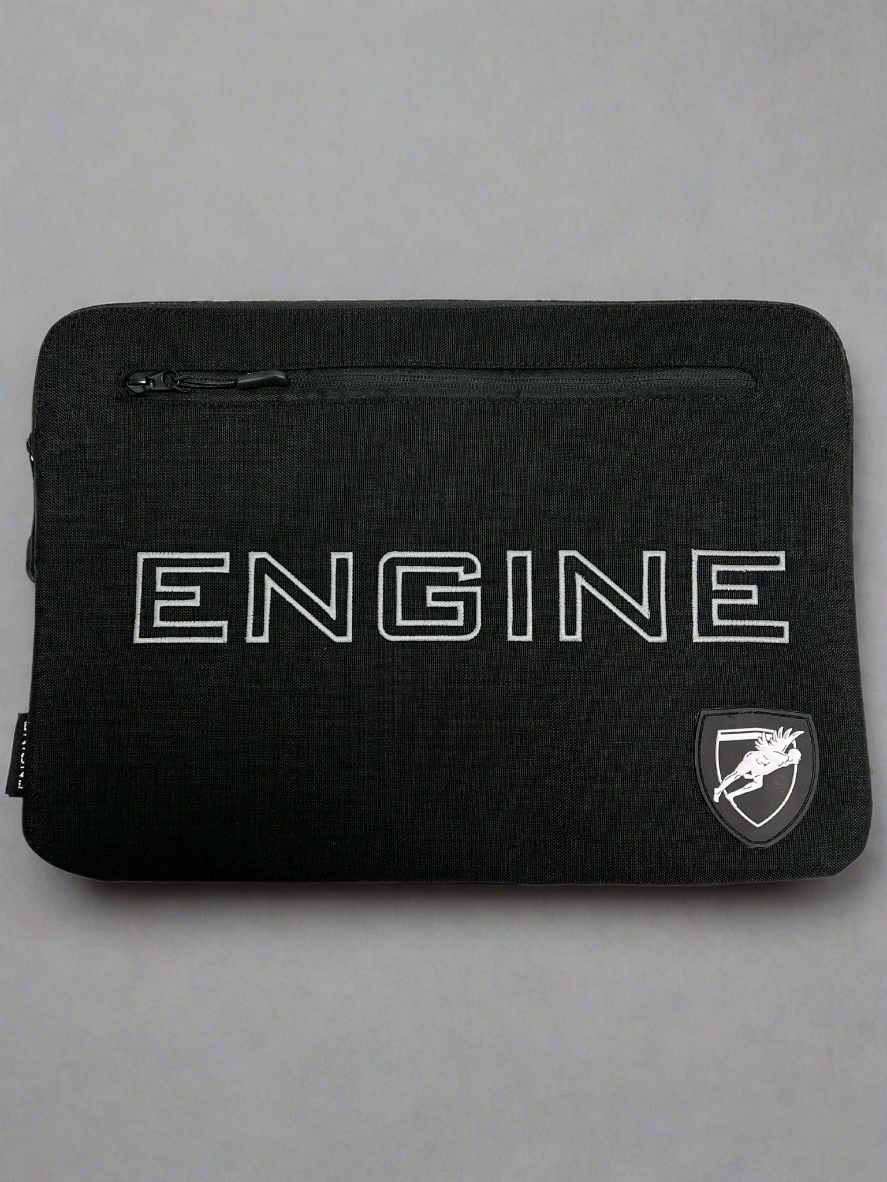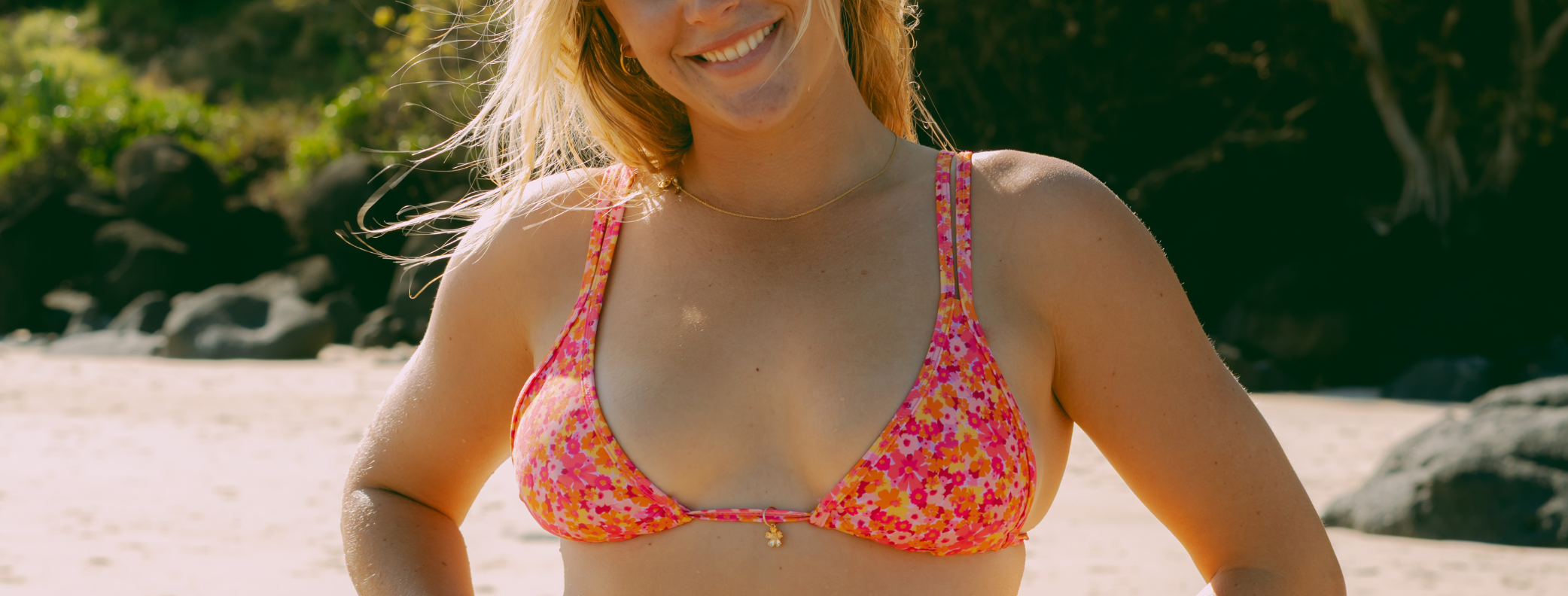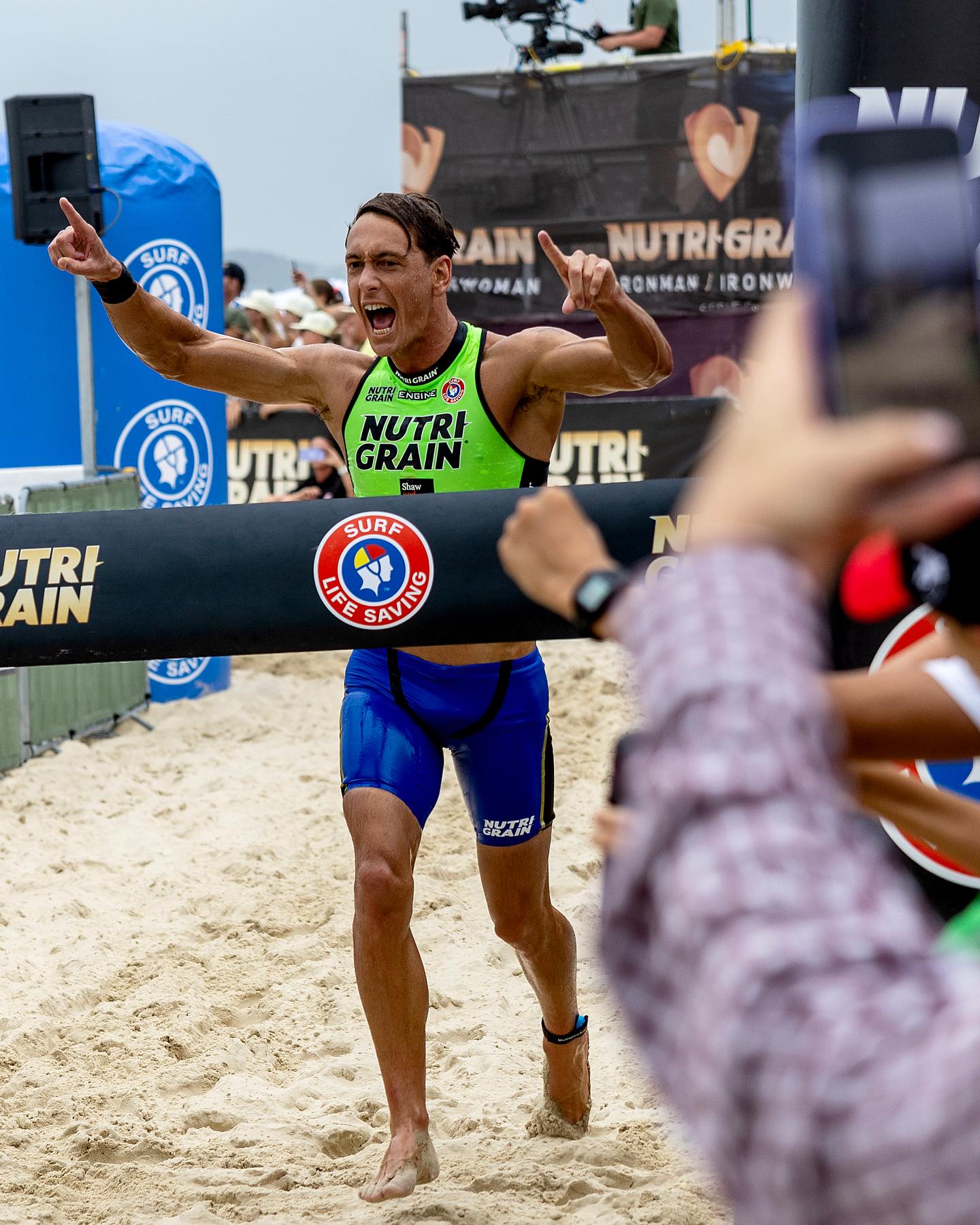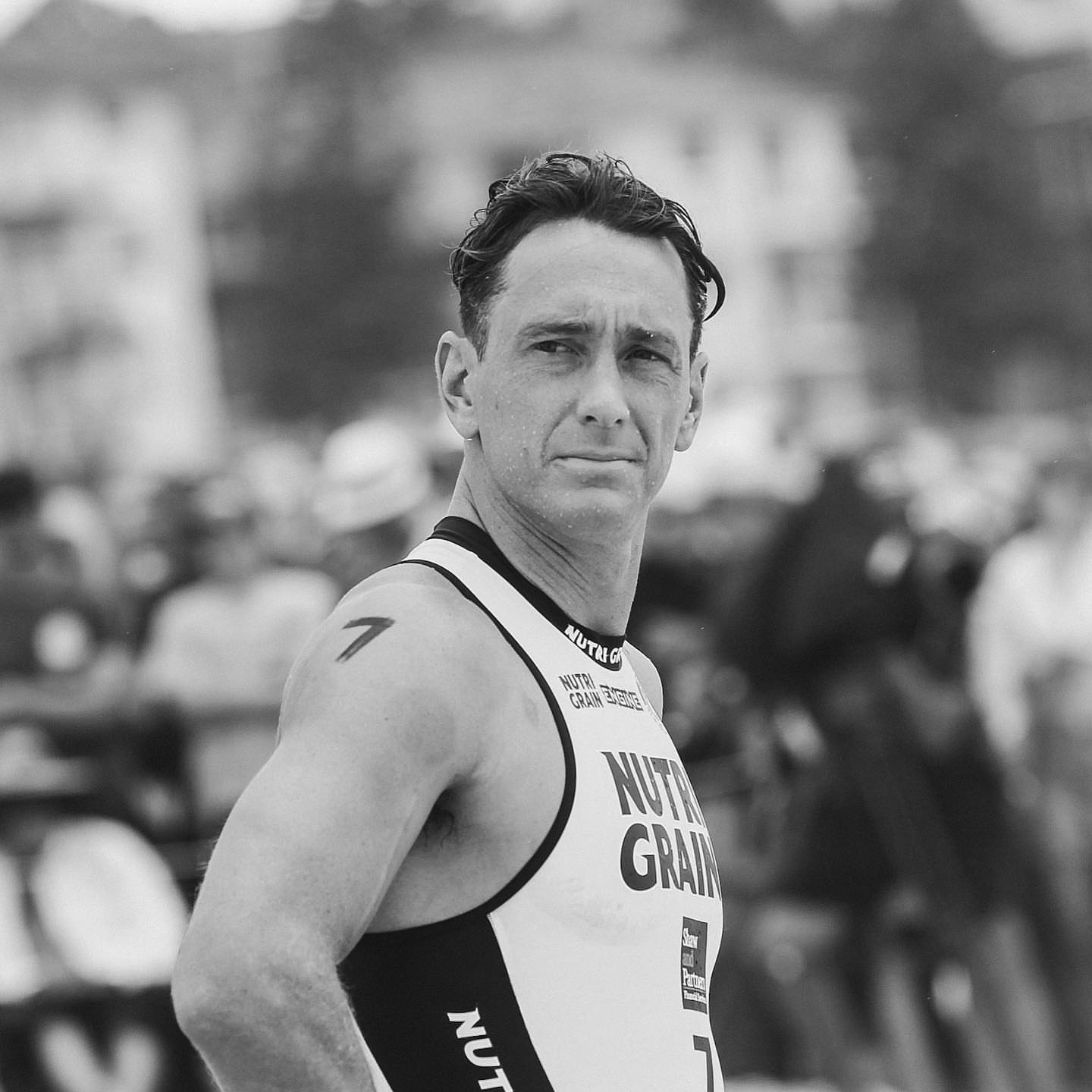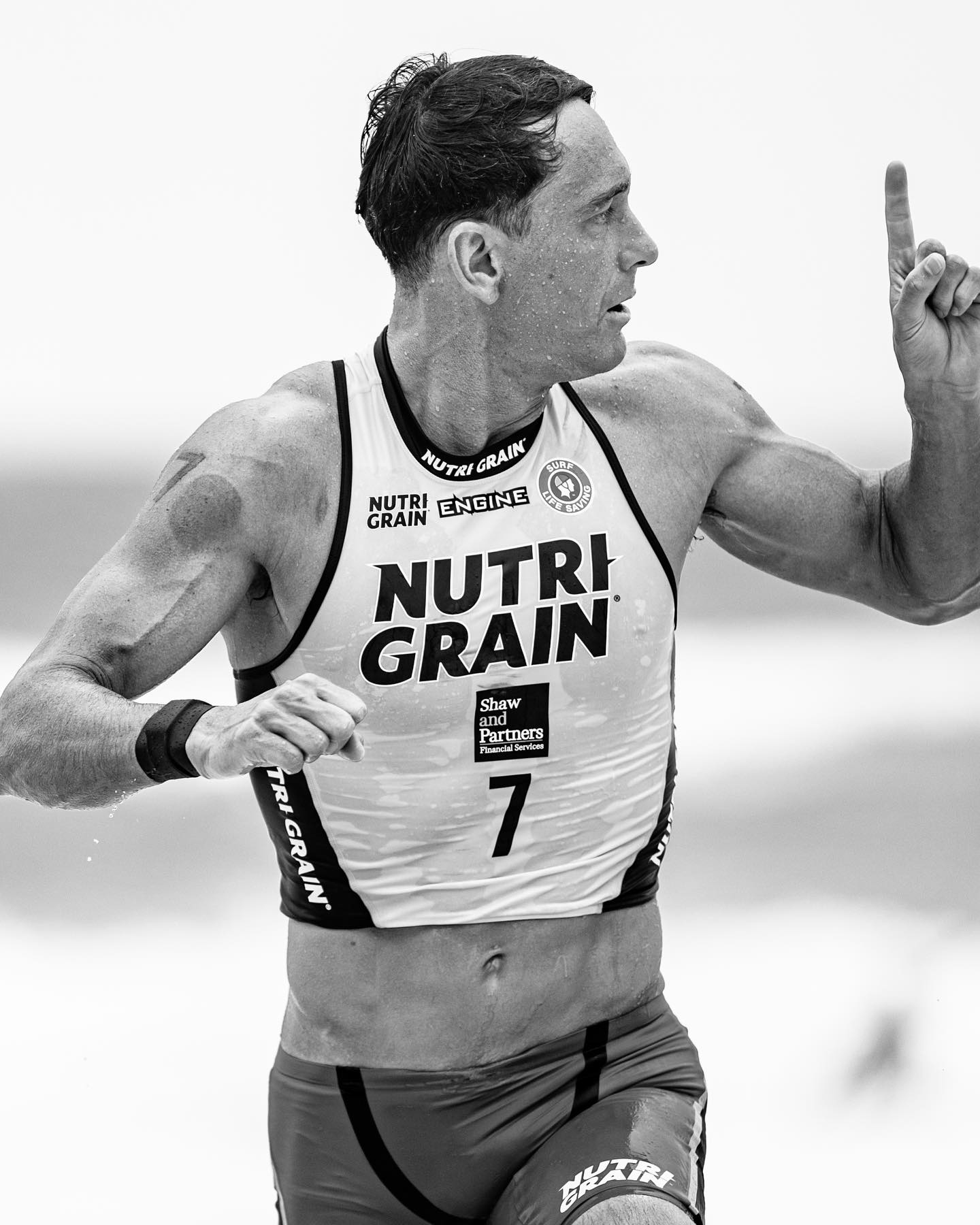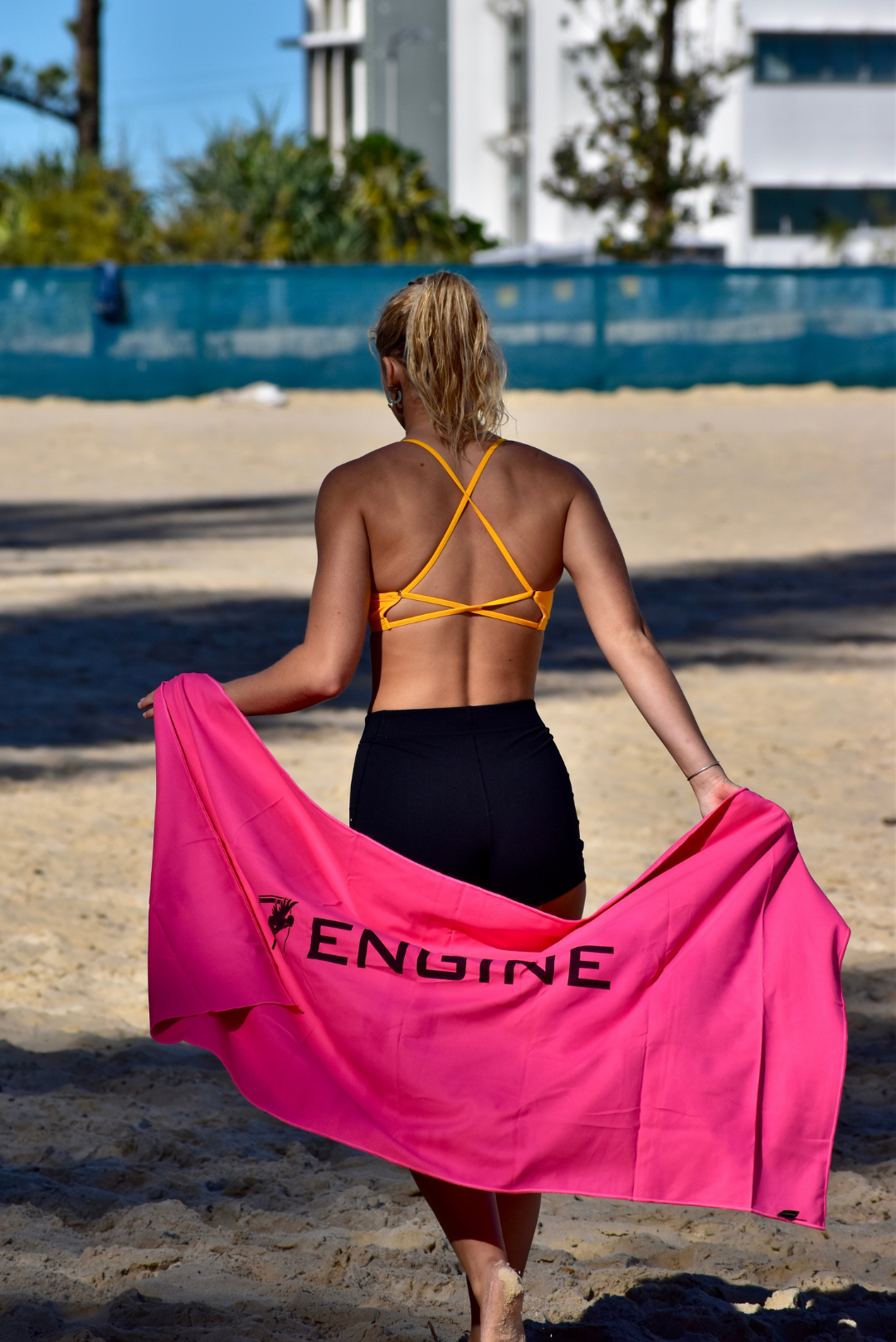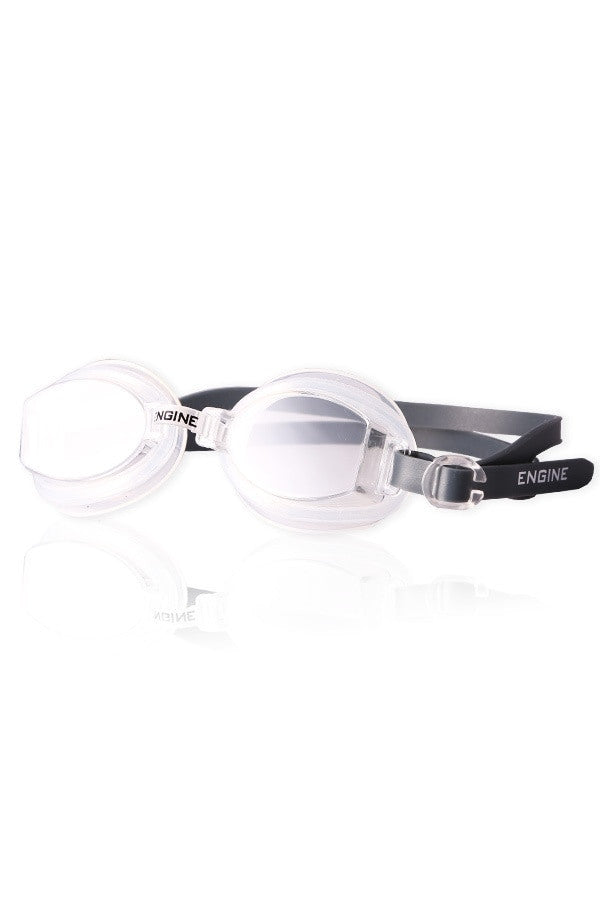ALI DAY
How do you stay motivated and push yourself in training?
Staying motivated and pushing myself in training is all about focusing on the ‘why’. Why am I putting myself through these tough workouts? For me, it’s about achieving that championship feeling, knowing I’ve put in the blood, sweat, and tears to be the best. But it’s also about the mental toughness training builds. It teaches you to dig deep and push through challenges, both in the gym and in life.
Here’s what helps me stay on track:
- Clear goals: I have short-term goals that keep me focused day-to-day, but I also hold that big, long-term vision. Visualising success is a powerful motivator.
- Mix it up: Doing the same routine all the time gets stale. I keep things interesting by trying new exercises, training with different partners, or even changing my workout environment.
- Celebrate progress: It’s not all about the end goal. I take time to acknowledge the milestones I hit along the way. That helps me stay positive and motivated.
- Listen to my body: Rest and recovery are crucial. Pushing through pain can lead to injury. I know when to take a break and come back stronger.”
Many athletes have pre-game rituals that help them get into the zone. What are some of your personal pre-game rituals or routines that you believe help you get in the zone before hitting the beach or pool?
Absolutely! Pre-game rituals are a big part of my routine. Here are a few things I do to get locked in before hitting the water:
- Visualization: I close my eyes and picture myself performing at my best. I see myself making clean cuts through the water, executing maneuvers flawlessly, and feeling strong and confident. Visualisation helps me program my mind for success.
- Music: I have a pre-game playlist that gets me pumped and focused. It's a mix of high-energy tracks that gets my adrenaline going and some calming songs to help me stay centered.
- Breathing exercises: Taking a few minutes to focus on deep, controlled breaths helps me clear my head and manage any pre-competition jitters. It allows me to enter a calm and focused state.
- Positive self-talk: I avoid negative thoughts and self-doubt. Instead, I use positive affirmations to remind myself of my skills and all the hard work I've put in.
- Team bonding (if applicable): If I'm competing with a team, we might have a pre-game huddle or handshake to get everyone motivated and feeling unified.
These rituals all work together to get me mentally prepared and focused on the task at hand. They help me switch on that competitive drive and enter a zone where I can perform at my peak.
Reflecting on your career so far, what would you consider as the most memorable or defining moment?
Picking a single most defining moment is tough! This career has been filled with incredible experiences and challenges.
Are there any specific achievements or milestones that you are particularly proud of and that you feel have significantly impacted your journey as an athlete?
Absolutely! While there's definitely a deep sense of satisfaction that comes with winning competitions, there are a couple of achievements that I'm particularly proud of because they feel like stepping stones on my overall journey as an athlete:
- (Foundational achievement): Early on in my career, there was a specific accomplishment (reaching a certain skill level, qualifying for a prestigious competition for the first time) that felt like a huge breakthrough. It was a moment where everything clicked, and I knew I was on the right track. This achievement instilled a tremendous amount of confidence and fueled my passion to keep pushing myself.
- (Personal growth achievement): Another milestone I'm proud of is a moment where I witnessed significant personal growth. Maybe it was mastering a difficult technique I'd been struggling with for a while, overcoming a fear that had been holding me back, or developing a stronger mental game. This achievement showed me the power of dedication and hard work, and it proved that I could achieve anything I set my mind to.
These specific achievements stand out because they represent more than just a single victory. They mark significant progress in my overall development as an athlete, both physically and mentally. They instilled a sense of belief, perseverance, and a love for the constant process of learning and improvement.
How do you balance your intense training and competition schedule with personal interests outside of your sport?
Striking a balance between my intense training and competition schedule with personal interests is crucial. Here's how I manage it:
- Planning and scheduling: I create a detailed training schedule, factoring in competition dates and rest periods. This allows me to carve out dedicated time slots for hobbies outside of those commitments. Sticking to a schedule helps ensure I prioritize both training and personal pursuits.
- Finding efficient hobbies: Some of my hobbies, like [intellectual hobby mentioned previously], can be done in smaller chunks of time. I might listen to educational podcasts during commutes or read articles during downtime between training sessions. This allows me to integrate my interests without sacrificing significant training time.
- Quality over quantity: When I do have free time, I make the most of it. I focus on activities I find truly engaging and avoid multitasking. This allows me to fully immerse myself in the hobby and come back to training feeling refreshed.
- Support system: Having a supportive network is key. My coaches and training partners understand the importance of balance. They help me adjust schedules when possible and encourage me to pursue my passions outside of the sport.
- Flexibility: Life throws curveballs sometimes. There will be times when training demands more focus. The key is to be flexible and adjust my hobbies accordingly. Maybe I switch to a less time-consuming activity or shorten my sessions for a period.
Remember, balance is about what works for you. By planning, prioritising, and being flexible, I can successfully navigate the demands of my athletic career while nurturing my personal interests. They both contribute to my overall well-being and keep me motivated in the long run.
What are your top 3 ENGINE products (either for racing or training)?
Iron Jammer 3's, Turbo Goggles and Swim and Gym Micro Towels.




